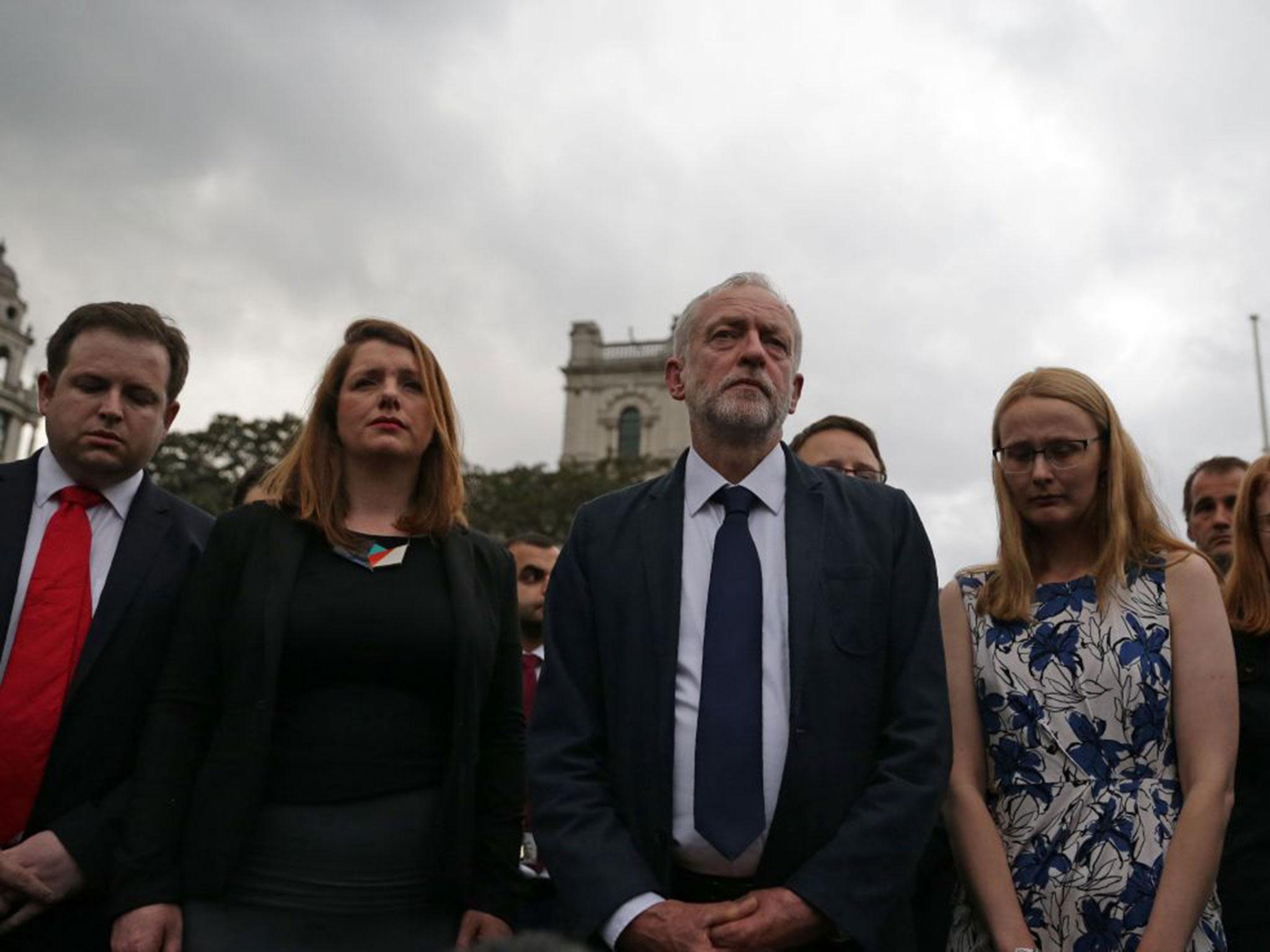There’s something un-British about our response to Orlando and Jo Cox - but it's exactly what we need
At a point in British history where we’re knee-deep in mutual-antagonism an old-school request for ‘positive vibes’ written in felt tip pen at the Jo Cox vigil seemed oddly healing


Your support helps us to tell the story
From reproductive rights to climate change to Big Tech, The Independent is on the ground when the story is developing. Whether it's investigating the financials of Elon Musk's pro-Trump PAC or producing our latest documentary, 'The A Word', which shines a light on the American women fighting for reproductive rights, we know how important it is to parse out the facts from the messaging.
At such a critical moment in US history, we need reporters on the ground. Your donation allows us to keep sending journalists to speak to both sides of the story.
The Independent is trusted by Americans across the entire political spectrum. And unlike many other quality news outlets, we choose not to lock Americans out of our reporting and analysis with paywalls. We believe quality journalism should be available to everyone, paid for by those who can afford it.
Your support makes all the difference.There’s something distinctly un-British about a vigil. These open displays of fresh, still-glistening – hard to be close to – grief. No, not British at all. "Seventy-two baps Connie, you slice, I’ll spread", was Victoria Wood’s beautifully observed joke about British grieving. When death took one of our own, the inner circle retreated for five days, emerging for an emotionally reserved funeral between 11am and 1pm with a light buffet. In bygone British days – those halcyon times so many of us long to find a path back to – we did not take to the streets with our sadness. We kept our grief under-wraps and our lips stiff and let our unsaid things strangle us like knotweed. And grief had it’s own strict hierarchy – he can mourn, she’s got no right to be sad, you should be mourning harder etc. The modern vigil, on the other hand is a come one, come all scenario. I’m beginning to like the modern way much better.
The modern vigil denotes the wonky unfairness of tragedy. Death happens, it proves, when you were busy making other plans. It’s all there in the scattering of Poundland tea lights and newsagent bought bouquets which were harvested in a haze and tied to railings with children’s hair ribbons. And the notes. Those notes. The ones attached to lamp-posts, written evidently in a mist of numbness, with a non-ideal pen – perhaps a neon pink Sharpie as I saw at Jo Cox’s Westminster vigil – saying the things we didn’t get to say face-to-face, but are now scribbled through tears and Sellotape to a railing. Like "I love you", or "You were a great colleague". Or "I’m worried about your children". Or "I didn’t really know you, but from afar I secretly thought you were ace".
When humanity seems to be at rock bottom, the vigil exposes us to human beings at their best. Yesterday in Wapping at a vigil close to Jo Cox’s houseboat, ship horns rang out in unison for two solid minutes, while her neighbours stood up on their decks. A mere five years ago it would have been unthinkable for Westminster mourners to leave laptops on the grass outside parliament playing footage of Jo Cox’s speeches.
Or for someone to leave an enormous blank sheet of cardboard entitled the "Banner of Love for Jo" inviting passersby to exude some words of warmth and light. But at a point in British history where we’re knee-deep in words, in mutual-antagonism, glued to social media screens filled with bile-soaked tit for tat, this old-school request for "positive vibes" in felt tip pen seemed oddly healing.
The power of togetherness cannot be underestimated. Orlando may be 4000 miles away, so not many of the thousands who attended the Old Compton Street this week had lost a very good friend, but this rendezvous was vital. Vigils like these remind us that good people, on almost every occasion on this planet, powerfully outnumber the bad. And when we move away from our laptops, drop our Twitter personas and set aside our Facebook posturing, we are, almost all of us, in the flesh merely odd shaped, damp-eyed vulnerable human beings in constant need of love. There is, we must remember, more love and unity than hate in this world. Sometimes it takes a death to force us out into the streets and admit it.
Join our commenting forum
Join thought-provoking conversations, follow other Independent readers and see their replies
Comments